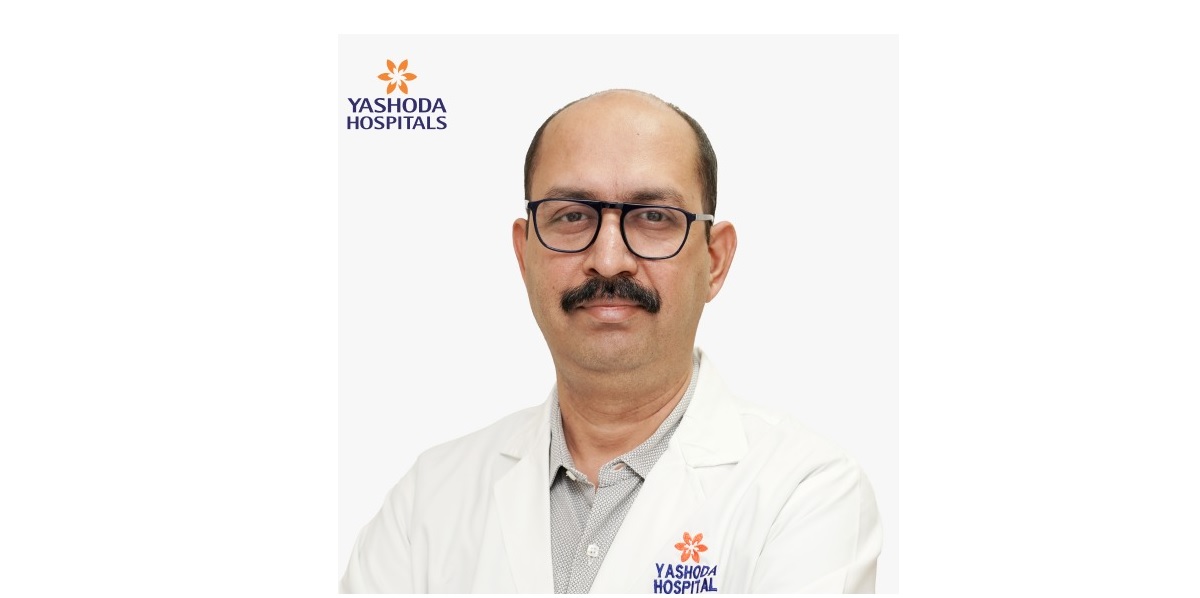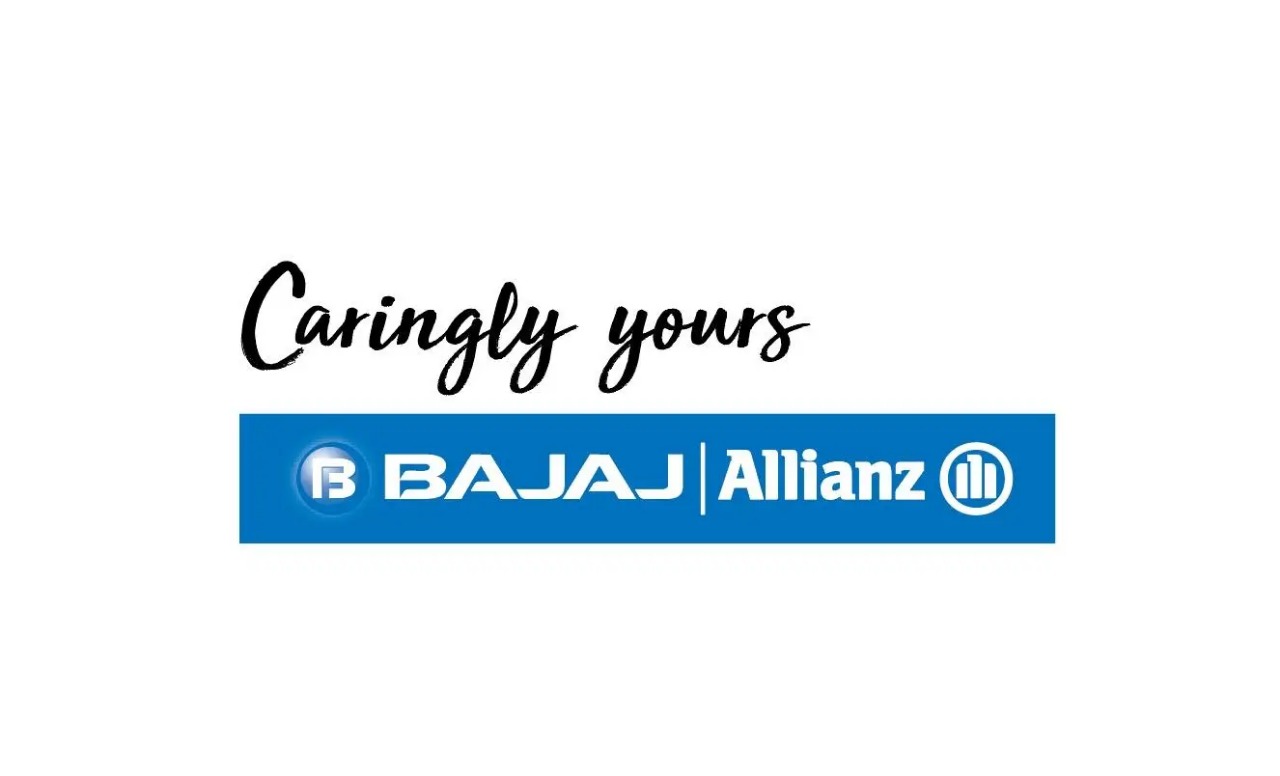Dr. Sashi Kiran A is a Consultant Nephrologist Yashoda Hospitals, Hyderabad(Somajiguda) says, A major and expanding worldwide health concern, kidney disease sometimes advances silently until it reaches severe, irreversible stages. Millions of people worldwide suffer from Chronic kidney disease (CKD), which puts a significant strain on healthcare systems and threatens their quality of life. Preventive nephrology provides a crucial foundation to lessen this burden and enhance outcomes for individuals who are at risk by emphasizing early detection, risk factor management, and public health awareness.
Early Detection: An Important Initial Step
It is impossible to overestimate the significance of early identification in stopping the course of CKD. Identification of kidney impairment before symptoms appear is made possible by routine screening using easy, affordable tests such as blood creatinine measurement, estimation of glomerular filtration rate (eGFR), and urine testing for proteinuria or albuminuria. Targeted screening is particularly crucial for high-risk groups, such as those with hypertension, diabetes, cardiovascular illness, and a family history of kidney disease, because chronic kidney disease (CKD) is typically asymptomatic in its early stages. Early diagnosis lowers the risk of renal failure and the need for dialysis or a kidney transplant by enabling prompt interventions to delay or stop the progression of the condition.
Modification of Risk Factors: The Roots of Prevention
The mainstay of preventive nephrology continues to be addressing modifiable risk factors. The two main causes of chronic kidney disease (CKD) in the world are hypertension and diabetes, both of which must be well managed with dietary changes and drug compliance. Dietary strategies that restrict processed foods, sugar, and sodium can help regulate blood sugar and blood pressure, protecting renal function. The risk of CKD is further reduced by promoting regular exercise, keeping a healthy weight, stopping smoking, and abstaining from excessive alcohol use. In addition to this, prevention also requires careful management of obesity, dyslipidemia (high cholesterol), and early treatment of renal assaults such as urinary tract infections. In order to enable people to adopt better habits and stick to treatment plans, patient education is essential.please consult our doctor for expert care and advice. please call [8929967886] or book an appointment online at link – https://www.yashodahospitals.com/.
Raising Awareness of Public Health: Strengthening Communities
Raising knowledge of kidney health and preventative techniques requires public health campaigns. Many people are still ignorant of the fact that CKD can progress silently and, if left undiagnosed, can result in permanent harm. Early healthcare participation can be promoted by educational programs that highlight kidney-friendly lifestyle choices, symptoms and indicators that warrant medical evaluation, and the significance of routine screening. Partnerships between government organizations, healthcare professionals, legislators, and community leaders guarantee that a variety of people, particularly those in underprivileged areas, have access to easily available, culturally relevant information. On a large scale, these initiatives promote a proactive approach to kidney health and lessen inequalities in renal disease outcomes says,Dr. Sashi Kiran
Integration between Health Systems and Primary Care
Dr. Sashi Kiran A explains, Preventive nephrology needs to be integrated into standard primary care to be successful. In order to evaluate renal risk factors, interpret screening results, and counsel patients on kidney health, healthcare professionals need to be trained. For marginalized communities in particular, health systems must guarantee easy access to reasonably priced pharmaceuticals and diagnostic testing. Early detection rates may be increased by using electronic health information to identify individuals who are at risk and to schedule routine monitoring. Additionally, patients can receive complete help in risk factor control through multidisciplinary approaches that involve social workers, educators, and nutritionists.
In summary, a comprehensive preventive strategy based on early detection, thorough risk factor control, and ongoing public health awareness is needed to reduce the burden of renal disease. It is feasible to slow the progression of CKD, lower complications, and enhance patient quality of life by detecting kidney failure early and taking proactive measures to address contributory causes. Given the increasing incidence of kidney disease worldwide, it is cost-effective and crucial to bring preventive nephrology into routine medical procedures and public health regulations. By prioritizing prevention now, we can ensure healthier kidneys and longer, happier lives in the future.If you experience any of these problems, please consult our doctor for expert care and advice. Dr. Sashi Kiran A is a Consultant Nephrologist Yashoda Hospitals, Hyderabad(Somajiguda) Visit this month on 30th August at West Bengal – Bagdora to provide specialized consultations and care at our center in [Bagdora]. To book an appointment, please call [8929967886] or book online at link – https://www.yashodahospitals.com/.




